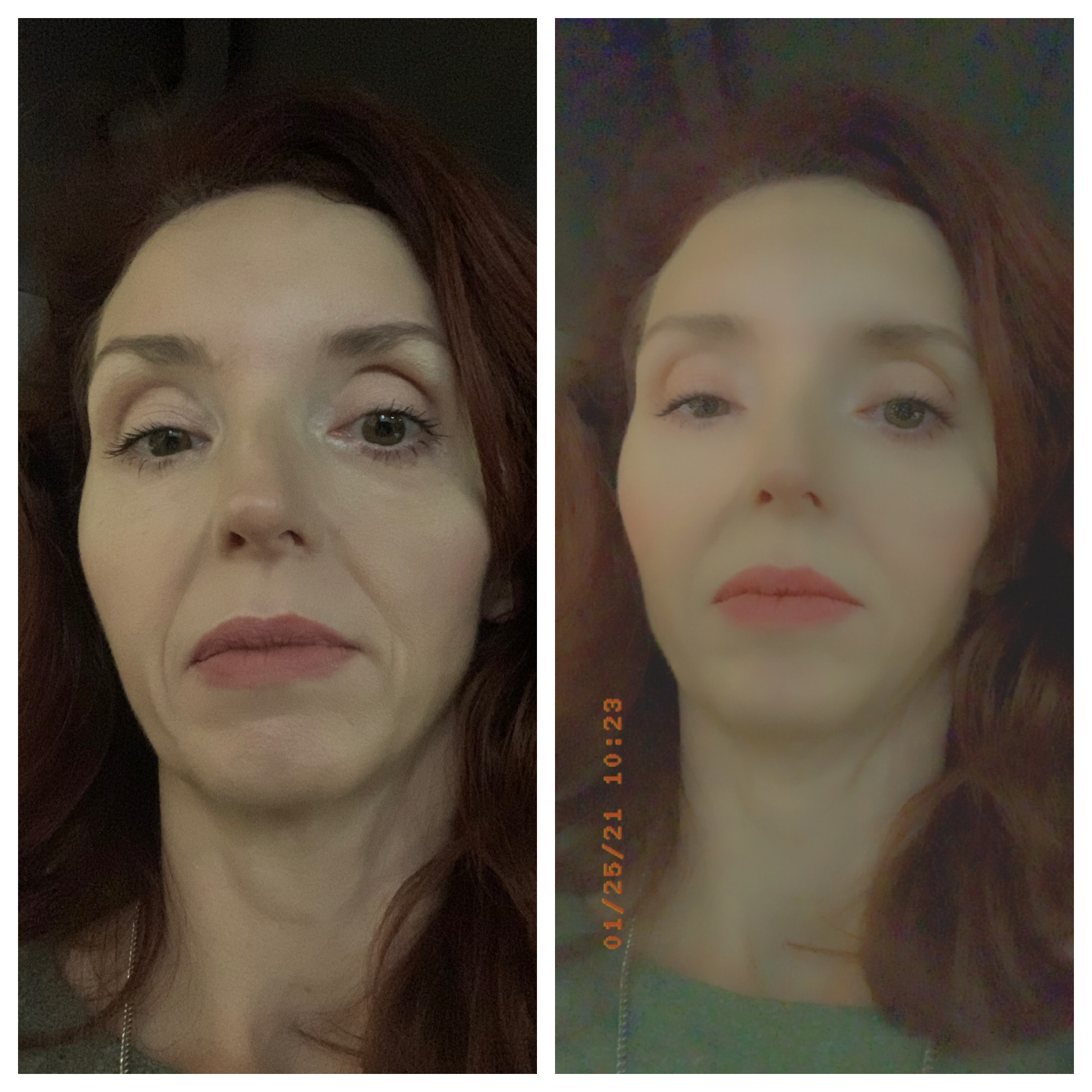We’ve all done it (or at least most of us have), played around with SnapChat or Instagram filters, or used a photo editing app. Over the holidays, my family and I played around with all kinds of SnapChat filters. My teenagers had perfectly smooth skin, my three year old turned herself into a Barbie cartoon, my 88 year old grandmother and I were made to look 20 years younger…you get the idea. Photo filters seem harmless enough, but over time, filters that make us look pretty, sexy, or youthful can lead to filter induced body dysmorphia. In simpler terms, it can result in people having severely skewed perceptions of the way they look, lead to extremely low self-esteem, and result in a person taking drastic measures to achieve filtered perfection. Today, 1 in 50 people suffer from some form of body dysmorphic disorder.
Don’t get me wrong, part of my livelihood is the beauty business. I personally have cheek filler and Botox.™ I have an extensive skincare routine. I make a valiant effort to wear makeup every day. However, I’m also 40 years old with 3 kids and 2.5 jobs…so I should look like the woman on the left. The woman on the right, well she’s a filter fantasy. I know the filtered version of me is an unrealistic expectation, but you can imagine the effect these filter fantasies are having on impressionable children and teens. They need to know it’s okay to not be perfect. We all have imperfections – acne, wrinkles, actual pores, uneven skin tones, etc. The more we encourage our kids to embrace and love their natural selves, the less likely they are to develop a dysmorphic disorder.

So, as a parent, what do professionals advise? For starters, monitor how often your child is using filters. If they are too young to understand that the photo is filtered, they probably shouldn’t be using it (guess my three year old will have to wait a few more years to be allowed back on SnapChat). When they are old enough to understand that the photo is filtered, ask them questions about why they are using the filter. For example, “Does it make you feel pretty?” This will allow the child to do some self-reflection and give you some answers as well. If they have a social media account and you notice that most or all of their photos are filtered, ask if they are not comfortable posting an unfiltered photo of themselves. Finally, set a good example! When posting pictures of yourself on social media, try not to use a filter…even if it takes you 20 times to get the perfect picture!
Macaroni Kid can make it super easy for you to find your family fun all year long. Receive a local calendar of family-friendly events each Thursday evening when you SUBSCRIBE FOR FREE!
You'll be glad you did ... and so will your kids!
For even more fun, find us on Facebook, Twitter, and Instagram



